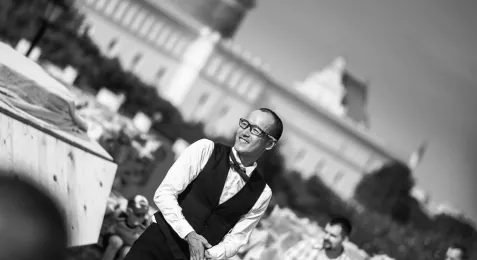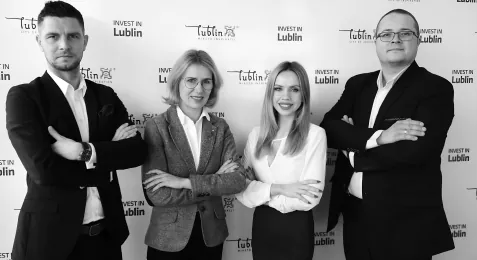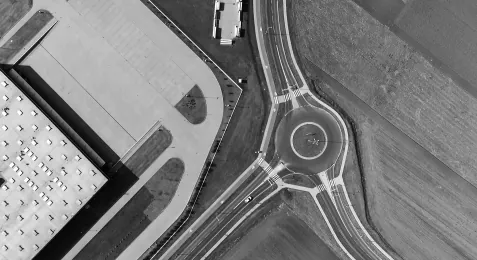Lublin Info Centre
Lublin qualifies for European Capital of Culture 2029 finals

Lublin has reached the finals of the competition for the title of European Capital of Culture 2029. I thank everyone involved in this success, especially the entire team that prepared the application, as well as institutions, non-governmental organizations, and individuals who submitted their projects in the open call. It is through their collective efforts that we were able to create this exceptional competition document, symbolizing our commitment to the future of Lublin and Eastern Europe, our unwavering faith in the strength of our urban community, and our courage to tackle the current challenges facing the European Union. The second stage of the competition is ahead of us, and a lot of work. We believe that receiving the title can strengthen Lublin’s position as an important cultural center in Europe and open up new opportunities for cooperation and exchange of experiences with other cities across the continent, said Krzysztof Żuk, Mayor of Lublin.
Lublin boasts a rich and diverse cultural heritage, making it one of the oldest and most multifaceted cultural centers in Poland. The city is renowned for its artistic achievements, vibrant festivals, and social initiatives that promote diversity and cultural engagement. The overarching theme of Lublin’s application for the European Capital of Culture title in 2029 is “Re:union.”
Lublin, thanks to its natural location between the east and west of Europe, can offer a new quality, perspective, and vision of the union as a community united by culture. In the competition application, we refer to the idea of the Union of Lublin and the memory of the multi-national Polish-Lithuanian Commonwealth, but the perspective of today’s multiculturalism visible on the streets of Lublin is our actual reference point. The mosaic of cultures and nationalities that we have become in recent years is incredibly inspiring, encouraging questions about a new sense of community, awareness of distinctiveness and uniqueness, tolerance, and freedom while acting in the spirit of cooperation, which are key values in the European Youth Capital Lublin 2023,” said Beata Stepaniuk-Kuśmierzak, Deputy Mayor of Lublin for Culture, Sports, and Participation.
Preselection discussions took place from October 24th to 26th in Warsaw, featuring the 12 cities that submitted their declarations to participate in the competition for the European Capital of Culture 2029 title. These cities included Bielsko-Biała, Bydgoszcz, Jastrzębie-Zdrój, Katowice, Kielce, Kołobrzeg, Lublin, Opole, Płock, Pszczyna, Rzeszów, and Toruń. An independent panel of experts, comprising 10 individuals appointed by the European Parliament, the EU Council, the European Commission, and the Committee of the Regions, alongside two specialists appointed by the Polish Ministry of Culture and National Heritage, assessed the application submissions.

Lublin’s application for ESK 2029 was a collaborative effort with the city’s cultural community, involving artists, activists, and organizers. The Lublin Cultural Center coordinated the application process, and the presentation of Lublin’s application before the experts featured key figures such as Krzysztof Żuk, Mayor of Lublin; Beata Stepaniuk-Kuśmierzak, Deputy Mayor of Lublin for Culture, Sports, and Participation; Rafał Koziński, Director of the Lublin Cultural Center and Coordinator of ESK Lublin 2029; Yulia Khomchyn, Director of the Institute of Cultural Strategy in Lviv (Ukraine); Paweł Passini, artist and director; Dr. Marta Ryczkowska, academic lecturer and art critic; Aleksandra Borzęcka, youth activist; Paweł Hadrian, creator of cultural events and DJ; Barbara Wybacz, cultural studies expert and former program director of CSK; Miłosz Zieliński, journalist and editor-in-chief of the cultural magazine “Zoom.”
The final selection for ESK 2029 and the announcement of the winning city are scheduled for mid-2024.







